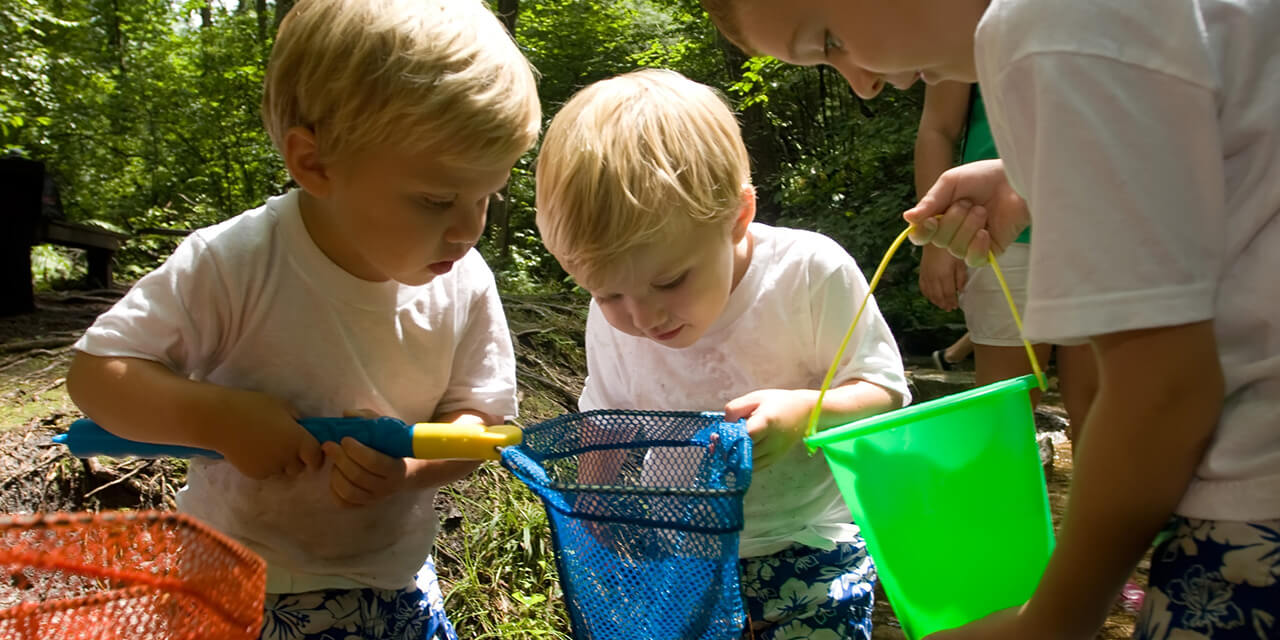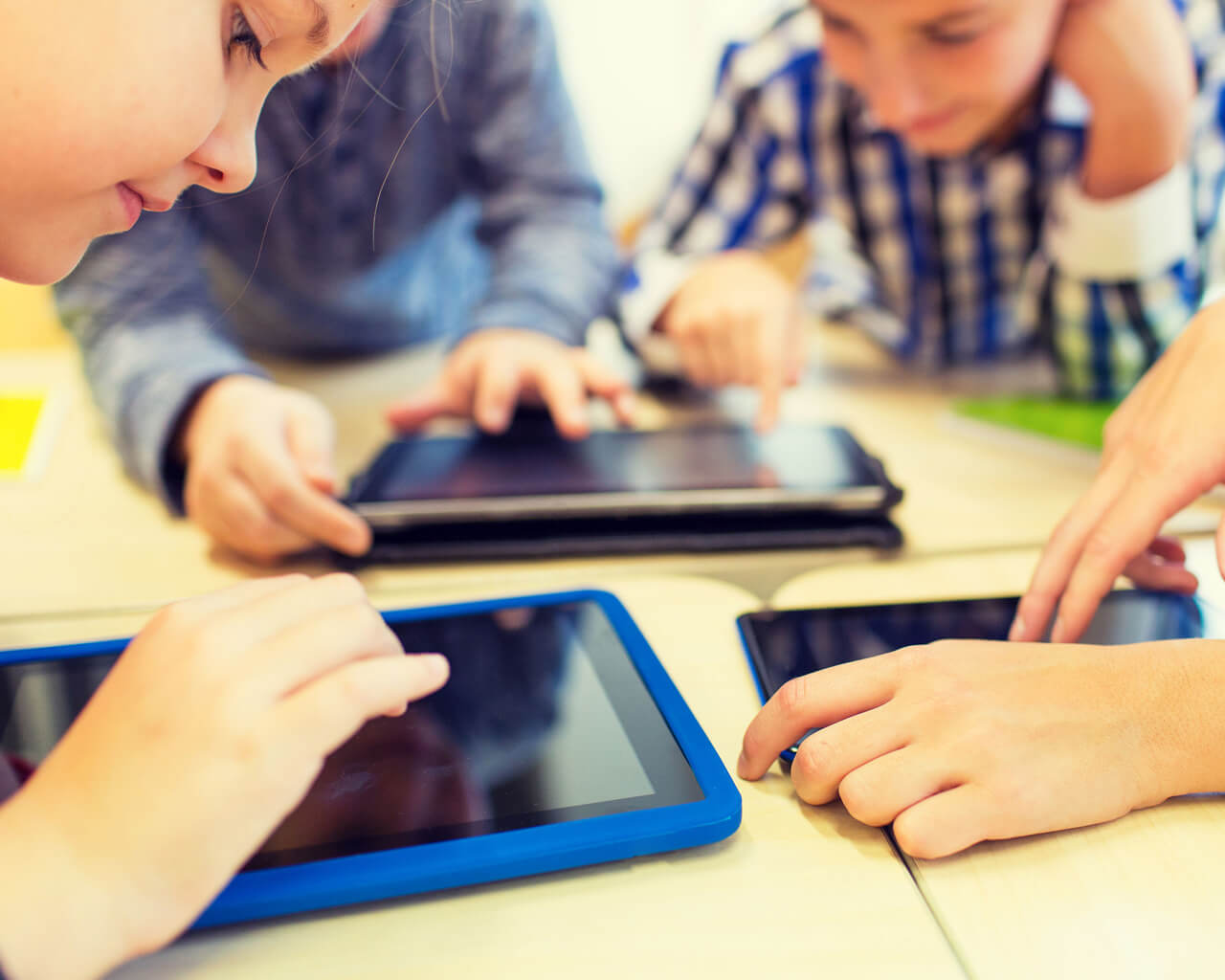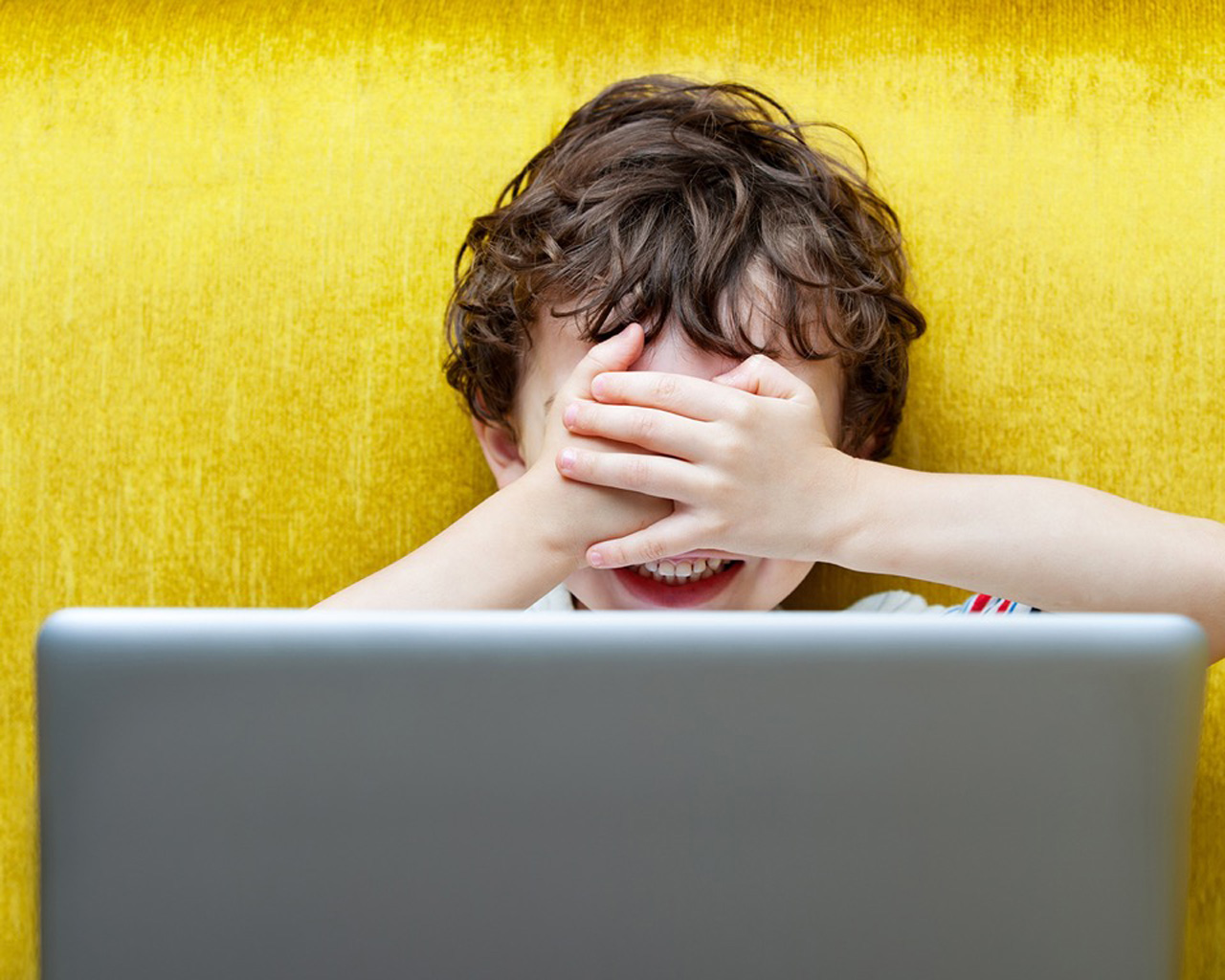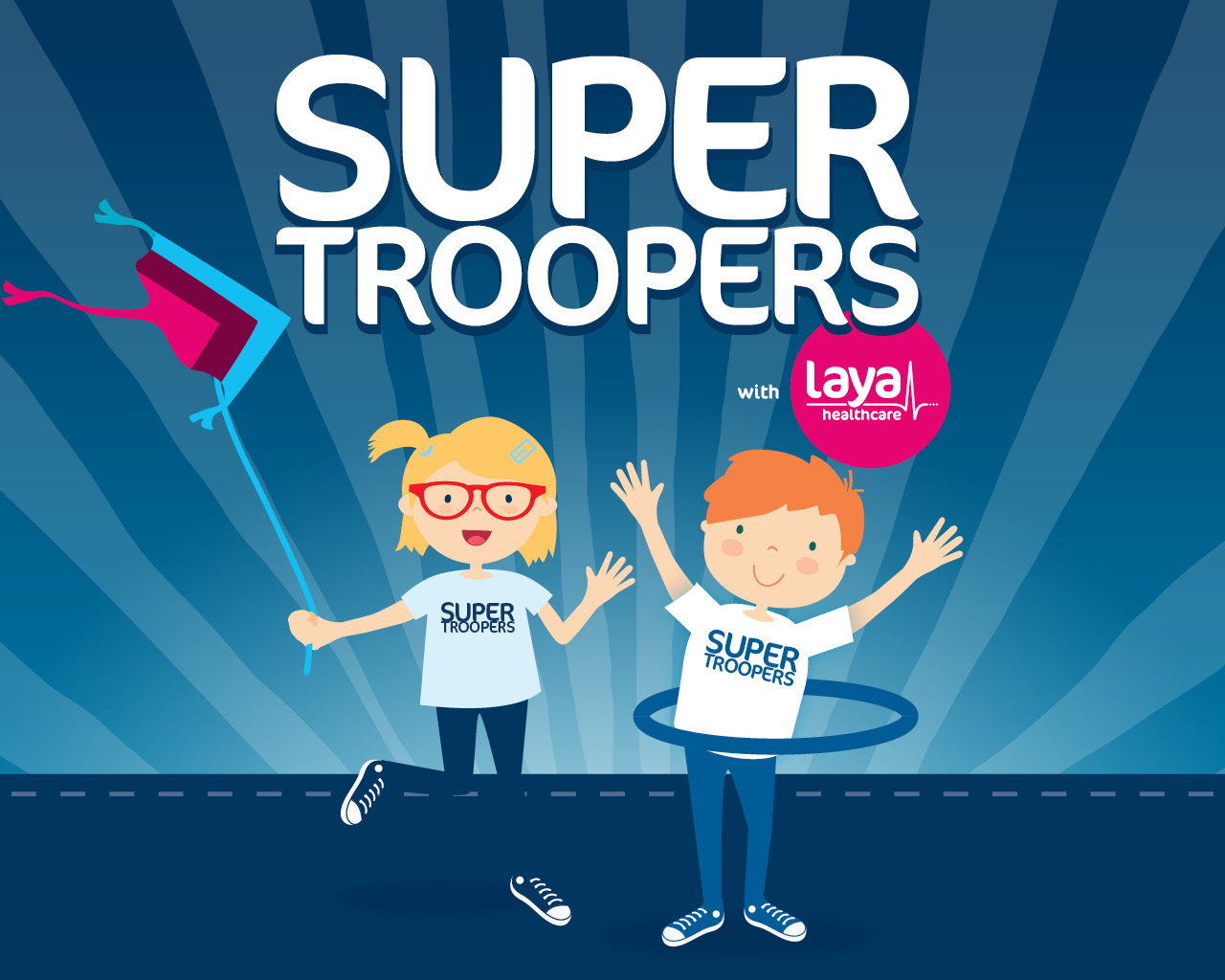We asked Forensic Psychologist Dr Maureen Griffin for some advice on screen time.
How much screen time is too much?
Many parents are concerned about how much time their children will spend in front of screens at this time. So how much is too much? How can we control it?
The American Paediatric Association (APA, 2016), recommends unplugged playtime for infants and toddlers (i.e. no screens) and a limit of 1-hour high quality programming for 2-5 year olds, with active parental involvement. For children aged 6 and older, they recommend limiting the amount of screen time so as to allow for adequate physical activity, sleep, play etc. As not all screen time is equal, it is important that we pay attention to what our children are doing online; instead of solely focusing on a specific amount of time (e.g. are they passively watching shows; playing interactive games with friends; video chatting with family/friends/strangers; creating videos/music). To support the APA’s new recommendations, they have published an online tool that allows families to create their own personalised Family Media Use Plan. Devising such a plan as a family, can greatly help in getting an appropriate balance between screen time and other activities, especially during the summer months.
The APA also provide a Media Time Calculator which helps families determine the most appropriate amount of screen time for children in different age brackets - from 18 months to 18 years. Each age bracket is set with the recommended amount of time for sleep and physical activity, allowing the user to add time in for additional categories such as school, homework, family time, meals, reading, free time etc.
How can we control screen time?
As parents, we play a crucial role in setting good examples for our children when it comes to social media usage and screen time. By creating a Family Media Use Plan, we can set clear expectations and boundaries for everyone in the family, unique to the specific requirements of each individual family member.
In addition to modelling good practices and creating a family plan, here are three things to be mindful of over the summer months:
1. Maintain good habits
Don’t undo good habits built up during the school year. For instance, letting devices creep into bedrooms while children are off school. The World Health Organisation, Safe Foods, and the National Sleep Foundation, have consistently demonstrated the negative health effects of having technology in bedrooms and/or using technology as a sleep aid (i.e. increased likelihood of developing childhood obesity/diabetes in later life; reduction in the amount of sleep, quality of sleep and day time alertness). Recent research has also indicated that increased night-time mobile phone use is directly associated with increased externalizing behaviour, and decreased self-esteem and coping. Despite this, the vast majority of students I speak with, who have devices in their rooms at night; admit they receive messages after midnight. It is therefore vital that we maintain bedrooms as screen free zones, all year round.
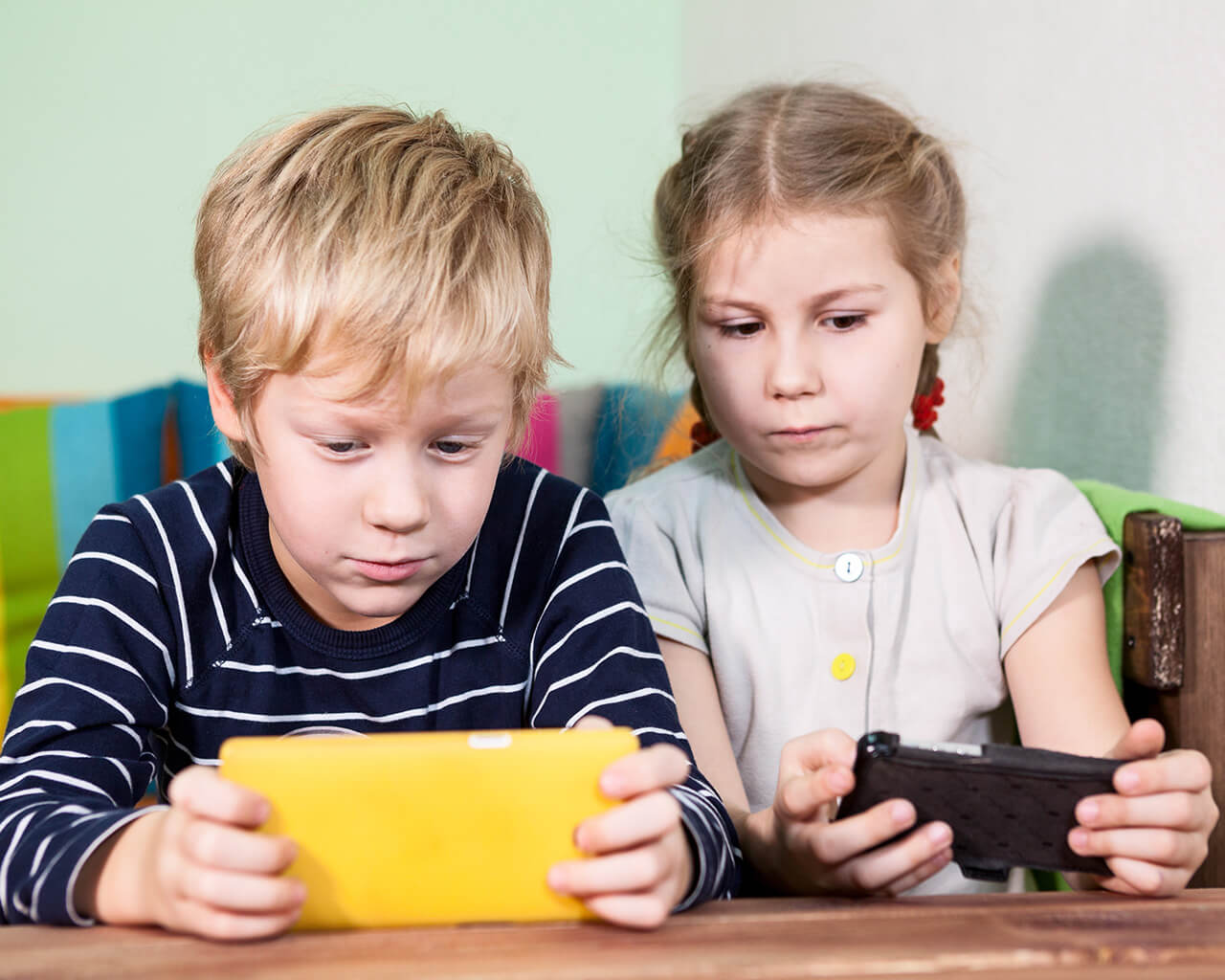
2. Be with the ones you are with
Children, and adults alike, often admit that when they visit a friends’ house, one of the first things they do is ask for the WIFI password. While acknowledging all the amazing benefits of technology and the role social media plays in our children’s lives, we need to remind our children to be present, to be with the people they are with. Although our children are connected 24/7 and in constant contact with their friends, they often maintain such contact in a very disconnected way -without making eye contact, without speaking, without picking up on behavioural cues/emotions.
Talk to your child about the importance of true meaningful connections with friends. Friendship is more than maintaining a ‘streak’ on Snapchat and more than someone who will ‘like’ your pictures. When their friends call over, remind your child to be present. Set aside time to be connected in real life, instead of constantly multitasking with devices. Identify ‘device-free times’ that work for you as a family (e.g. when eating, driving, walking, visiting grandparents)
Some parents control screen time during the summer, by changing WIFI passwords on a daily basis and only handing it over when children have earned their screen time by completing tasks in other important areas (e.g. physical activity, chores, reading). The Screen Time App may also be of use to parents who wish to limit the amount of time their children spends online. This App allows you to set time limits for your child’s device from your own phone (or browser); enable restrictions for specific Apps; pause your child’s online activity and assign tasks that must be completed to gain screen time. It also sends parents daily summaries outlining which websites and Apps their child used and for how long.
This is also a great opportunity to re-evaluate our screen time usage. Some families engage in Tech free days during the week –Tech free Tuesdays or Tech free Thursdays. Others opt for a digital detox –disconnecting to reconnect. If attempting either this summer, make sure to set attractive alternatives to screen time for each family member (e.g. summer camps, walking/hiking, art, swimming, reading, joining a new club/sport/class)
3. Holidays and sharing
If you are going away, once things get back on track, either here in Ireland or abroad, wait until you are home again to share all your adventures. Burglars have been known to use social media to identify empty houses, especially during holiday seasons. Talk to your children about their location settings, which can be enabled/disabled for individual apps they are using. Although children tell me “it’s not safe to share your home address”, a lot admit they have location setting enabled for a chatting App or social networking site. As most of their messages are sent from home, they can be inadvertently sharing their home address.
Also talk to children about what is okay/not okay to share while away on holidays. It is much easier to have a discussion on ‘why NOT to take a picture of mammy/daddy in their bikini/Speedos’ in advance, instead of having to claw back that image when it has been shared online.
Was this article helpful? Check out: 5 Conversations to have with your child if they are using Social Media
Maureen Griffin offers parents advice on keeping children safe online.


